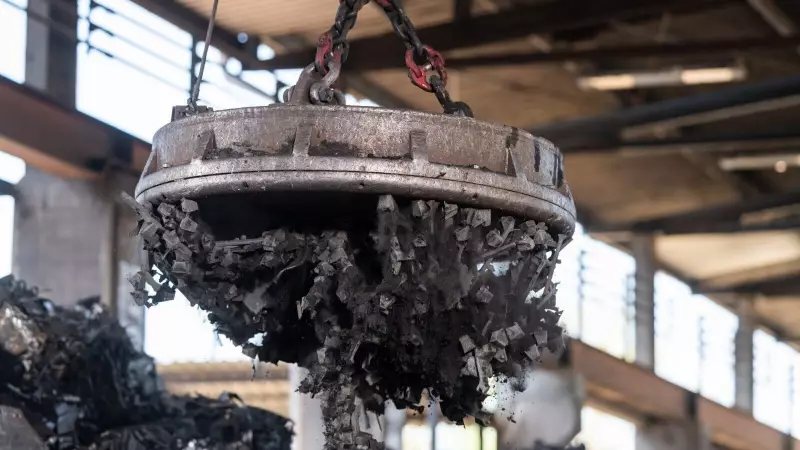
India is embarking on a strategic mission to secure its rare earth metals supply through an innovative approach that could transform the nation's clean energy and electronics landscape. The newly launched Recycling of Precious Metals (REPM) scheme represents a paradigm shift in how the country sources these critical minerals.
The Rare Earth Challenge
Rare earth elements form the backbone of modern technology - from electric vehicle batteries and smartphones to wind turbines and defense equipment. Currently, India imports a staggering 80-90% of its rare earth requirements, creating significant supply chain vulnerabilities and draining foreign exchange reserves.
E-Waste: From Problem to Solution
The REPM scheme turns India's growing electronic waste problem into a strategic advantage. With millions of discarded devices containing valuable rare earth elements, the program creates a circular economy model where:
- Electronic waste becomes a domestic source of rare earth metals
- Recycling reduces environmental impact of mining
- Urban mining creates new green jobs and industries
- Import dependency decreases significantly
Government's Multi-Pronged Approach
The initiative involves coordinated efforts between the Ministry of Electronics and Information Technology (MeitY) and the Ministry of Mining. Key components include:
- Production Linked Incentive (PLI) schemes for electronics manufacturing
- Advanced recycling infrastructure development
- Research and development in extraction technologies
- Policy framework for e-waste collection and processing
Strategic Implications
This comprehensive approach positions India to become self-reliant in critical minerals while supporting multiple national priorities:
Electric Vehicle Revolution: Domestic rare earth production will power India's ambitious EV adoption goals, making battery manufacturing more affordable and sustainable.
Electronics Manufacturing: The 'Make in India' initiative receives a significant boost with reliable access to essential raw materials for smartphones, laptops, and other electronic devices.
Environmental Leadership: By transforming e-waste into valuable resources, India demonstrates climate leadership while addressing pollution concerns.
The Road Ahead
While challenges remain in scaling recycling infrastructure and developing advanced extraction technologies, the REPM scheme marks a crucial step toward mineral security. As global competition for rare earth elements intensifies, India's innovative approach could position the country as a leader in sustainable resource management and clean energy technology.
The success of this initiative will not only reduce import bills but also create a new ecosystem of green jobs, technological innovation, and environmental stewardship - making India a potential global hub for rare earth recycling and sustainable technology manufacturing.





